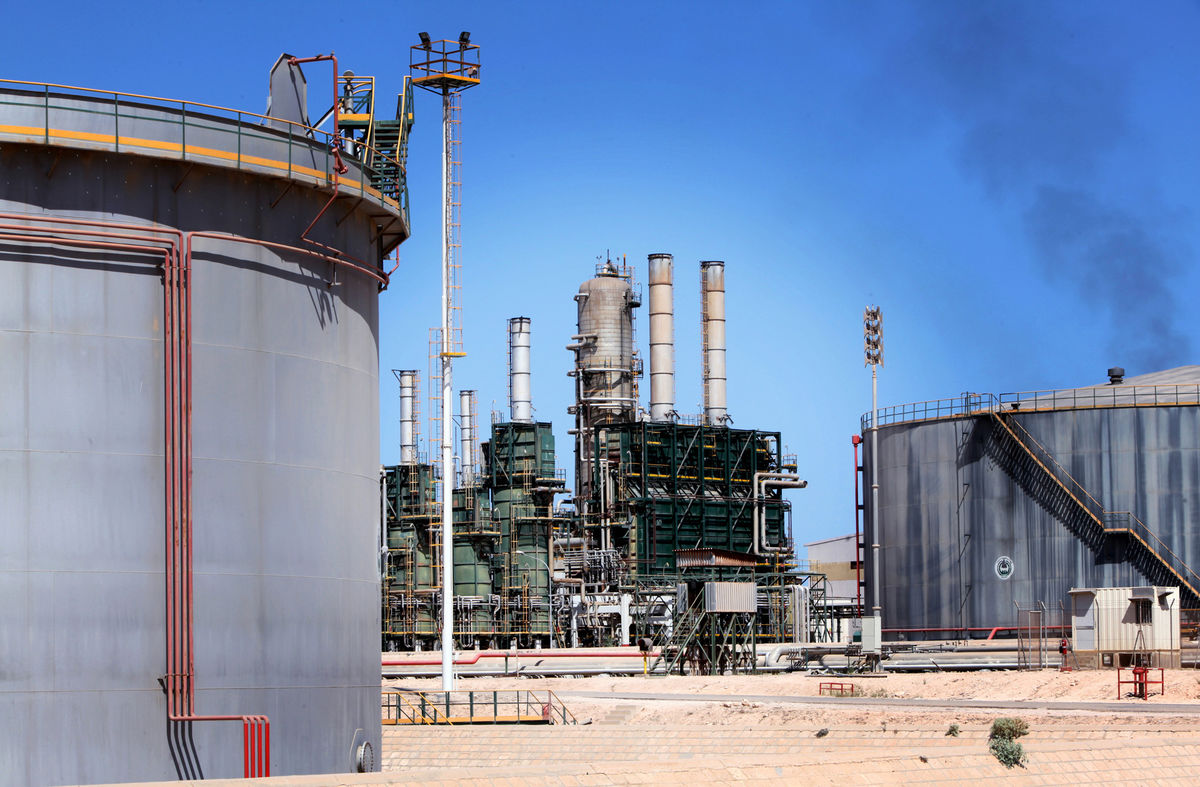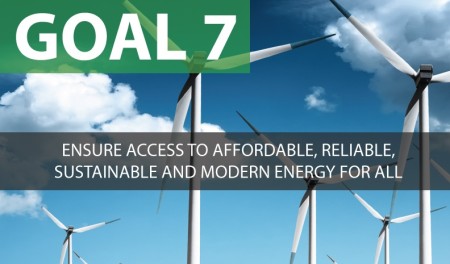Libya’s oil industry may have key to the potential for stabilization of the country if international players keep playing a role in steering the sector. Following the involvement of Shell and BP in January, hopes have been raised that Libya’s oil sector could be rebounding. Over the course of last year, output more than tripled from the 2016 levels and CEO of Libya’s National Oil Company (NOC) recently indicated that production could return to its previous level of 1.6 million barrels per day. These positive developments decrease the risk of accelerating Libya’s path towards chaos and anarchy.
Under Muammar Qaddafi, Libya’s oil industry was characterized by a mix of capitalist and socialist features that have been very difficult to manage since his toppling. Like other countries in the region, Mr. Qaddafi turned Libya into a petro-state in which his family played a key role in managing Libya’s oil wealth. His populist management model imbued Libyans with a strong sense of ownership and set the expectation that the wealth should be co-shared, which translated into subsidized basic goods and a bloated public sector. The Qaddafi administration also established a sovereign wealth fund, though more than 80% of Libya’s revenue was distributed through state-employment.
The absence of a functioning system of governance made the management of Libya’s oil sector difficult following Mr. Qaddafi’s removal from power. His ousting created a vacuum and gave rise to competing political forces and armed groups that attempted to challenge the system by which “the people’s oil wealth” was distributed. The oil sector became the core of Libya’s political power struggle with new political forces seeking regional control over wealth redistribution and communities blockading energy infrastructure to claim their share. Hence, Libya’s biggest challenge is the lack of security and stability, which results from the omnipresence of armed groups that have vested interests in controlling the oil industry. With much of this dynamic being driven by politics, there are economic factors that exacerbate the problem. Therefore, the channels of oil distribution are capable of triggering or lessening some of the security challenges.
From the economic standpoint, Libya’s oil revenue is not significant enough – hovering around $15 billion – to mitigate the deprivation among the 6-million population. In fact, the country is currently running a deficit as its expenditure exceeds the oil revenue itself. This only points to the pressing need of creating a more effective system to leverage the oil revenue into greater value. From the security perspective, the non-existence of a dependable central authority that could manage the oil wealth redistribution has created zero-sum competition among armed groups – controlling the oil sector means controlling the country.
Given these complex and complicated circumstances, there is a room for the international community to play a role in Libya’s efforts. Foreign actors can be platforms for international partnership or cooperation concerning issues related to the oversight and management of Libya’s oil wealth, for example, by establishing an international monitoring mechanism. The international community can also keep on calling for NOC to remain independent and securing the investment needed to keep output from the Libyan oil fields stable or growing. While these measures are not going to be sufficient on their own, they can help facilitate a decentralized bottom-up state building.
‘Libya’s Rebounding Oil Sector Critical to Stabilization’ – Commentary by Tareq Baconi – European Council on Foreign Relations / ECFR.
(The Commentary can be downloaded here)




